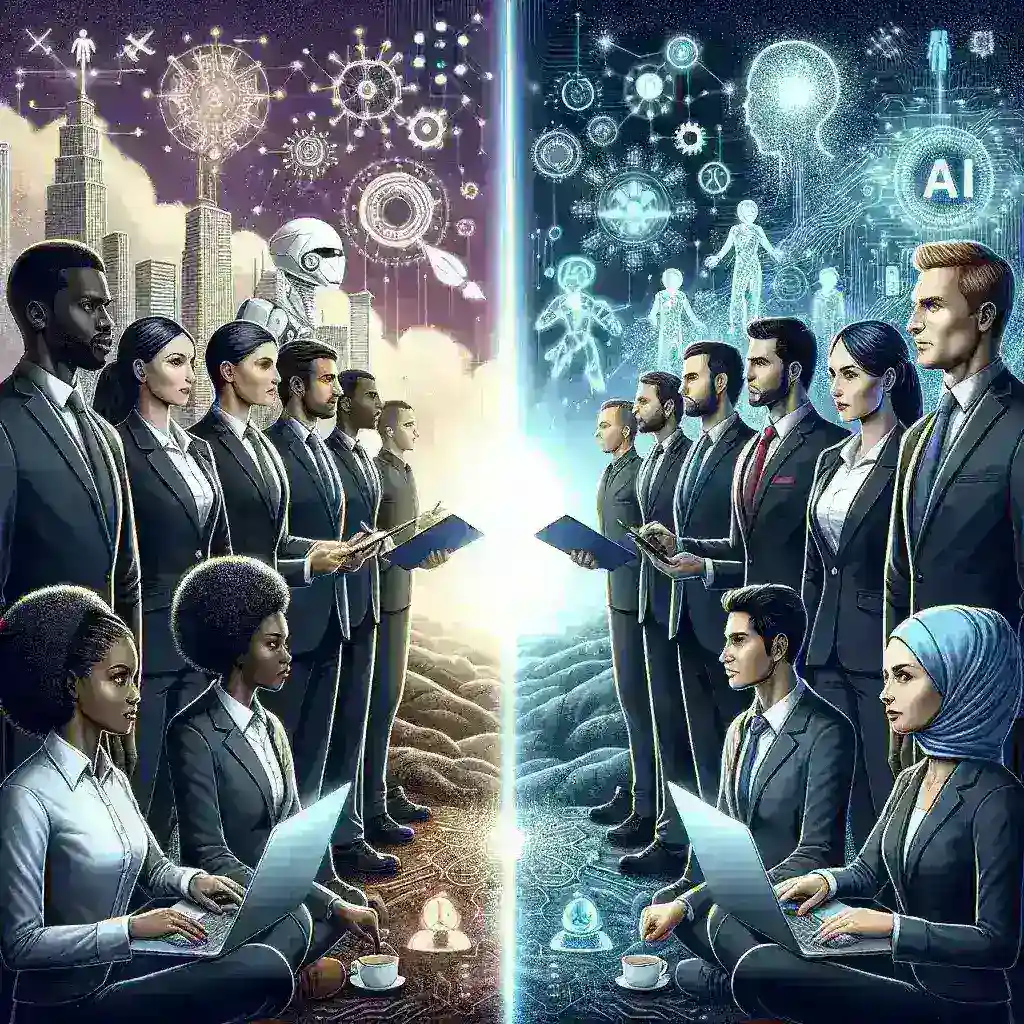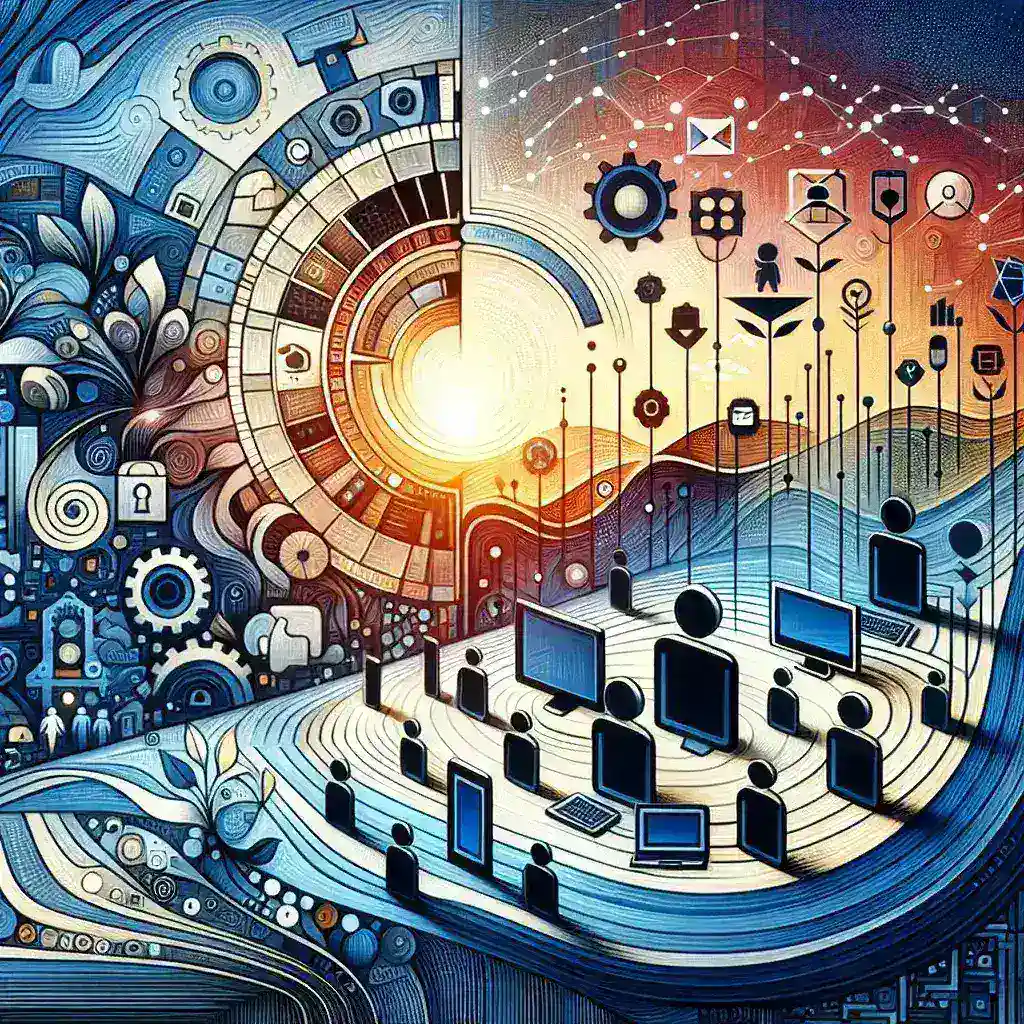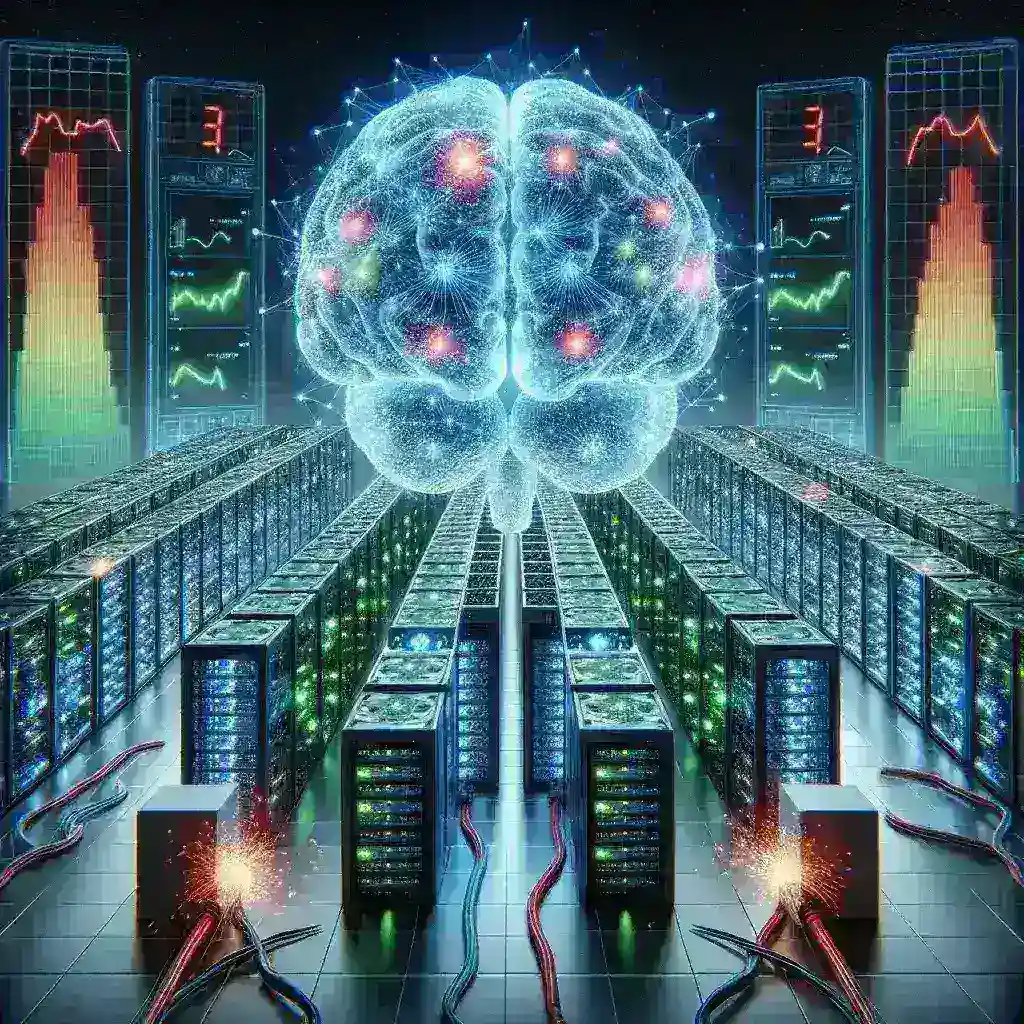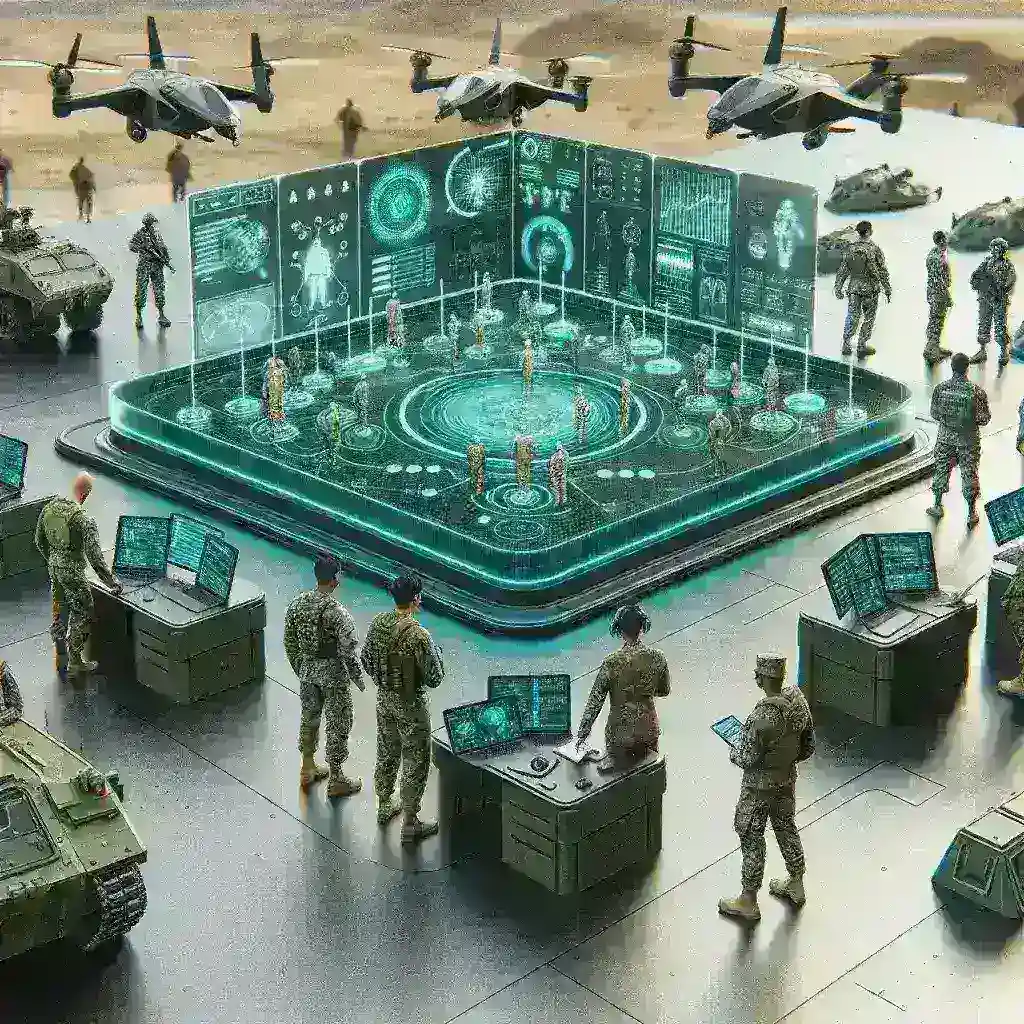Understanding the AI-Resistant Nature of Soft Skills
In an era where artificial intelligence is rapidly transforming the workplace, professionals are increasingly concerned about job security and career longevity. However, there’s a powerful set of capabilities that remains uniquely human and highly resistant to automation: soft skills. These interpersonal and behavioral competencies are becoming more valuable than ever, offering a sustainable competitive advantage in the evolving job market.
The Rising Value of Human-Centric Skills
While AI excels at processing data and performing routine tasks, it struggles to replicate the nuanced aspects of human interaction. This limitation creates a significant opportunity for professionals who develop and leverage their soft skills effectively. According to recent workforce studies, employers are placing greater emphasis on soft skills when making hiring decisions, with 91% of HR professionals citing these as crucial factors in talent acquisition.
Key Soft Skills That AI Cannot Easily Replicate
- Emotional Intelligence (EQ)
- Creative Problem-Solving
- Adaptability and Resilience
- Leadership and Influence
- Cross-Cultural Communication
- Conflict Resolution
- Empathy and Active Listening
Emotional Intelligence: The Ultimate Human Advantage
Emotional intelligence stands at the forefront of AI-resistant skills. Unlike machines, humans possess the innate ability to recognize, understand, and respond to emotional cues. This capability enables us to:
- Build genuine relationships with colleagues and clients
- Navigate complex social situations
- Make decisions that consider emotional impact
- Create psychologically safe work environments
- Foster trust and collaboration
Developing Your Emotional Intelligence
To strengthen your emotional intelligence, focus on these key areas:
Self-awareness: Regular self-reflection and feedback seeking help you understand your emotional patterns and their impact on others.
Social awareness: Practice reading body language, tone of voice, and other non-verbal cues to better understand others’ emotions and perspectives.
Relationship management: Develop techniques for building rapport, resolving conflicts, and maintaining professional relationships effectively.
Creative Problem-Solving and Innovation
While AI can analyze data patterns and suggest solutions based on existing information, human creativity remains unmatched in several key aspects:
- Generating truly original ideas
- Making unexpected connections
- Understanding context and nuance
- Applying cross-disciplinary thinking
- Considering ethical implications
Enhancing Your Creative Problem-Solving Skills
To boost your creative problem-solving abilities:
- Expose yourself to diverse perspectives and experiences
- Practice brainstorming without judgment
- Seek out challenging projects that require innovative solutions
- Collaborate with people from different backgrounds
- Maintain curiosity and continuous learning
Adaptability and Resilience in a Changing Workplace
The ability to adapt to change and maintain resilience in the face of challenges is increasingly valuable. Unlike AI systems that operate within predetermined parameters, humans can:
- Adjust strategies based on changing circumstances
- Learn from failures and setbacks
- Handle ambiguity and uncertainty
- Maintain motivation during difficult times
- Support others through periods of change
Building Adaptability and Resilience
Strengthen these qualities by:
- Embracing change as an opportunity for growth
- Developing a growth mindset
- Creating strong support networks
- Practicing stress management techniques
- Setting realistic goals and celebrating progress
Leadership and Influence in the Digital Age
Effective leadership requires a complex blend of soft skills that AI cannot replicate:
- Inspiring and motivating teams
- Building trust and psychological safety
- Making ethical decisions
- Navigating organizational politics
- Developing other leaders
Developing Leadership Skills
To enhance your leadership capabilities:
- Seek mentorship opportunities
- Take on project leadership roles
- Practice active listening and feedback
- Study different leadership styles
- Develop your personal leadership philosophy
Cross-Cultural Communication and Global Awareness
In our increasingly connected world, the ability to communicate effectively across cultures is vital. This involves:
- Understanding cultural nuances
- Adapting communication styles
- Building rapport across differences
- Navigating cultural sensitivities
- Creating inclusive environments
Improving Cross-Cultural Communication
Enhance your cultural competence by:
- Learning about different cultures and customs
- Practicing active listening across language barriers
- Developing cultural empathy
- Seeking feedback from diverse colleagues
- Participating in cross-cultural projects
Investing in Your Soft Skills Development
To maintain a competitive edge in an AI-driven workplace, consider these strategies for developing your soft skills:
- Seek regular feedback from colleagues and mentors
- Participate in workshops and training programs
- Practice self-reflection and journaling
- Take on challenging projects that stretch your capabilities
- Build a diverse professional network
Measuring and Demonstrating Soft Skills Progress
Track your soft skills development through:
- 360-degree feedback assessments
- Personal development journals
- Project outcome evaluations
- Peer reviews and testimonials
- Career advancement opportunities
The Future of Soft Skills in an AI-Enhanced World
As AI continues to evolve, the value of soft skills is expected to increase. Organizations will increasingly seek professionals who can:
- Bridge the gap between human and artificial intelligence
- Lead teams through technological transformation
- Maintain human connections in digital environments
- Drive innovation and creativity
- Build resilient and adaptable organizations
Conclusion: Your Competitive Advantage
In the age of artificial intelligence, your soft skills represent a unique and valuable competitive advantage. By actively developing these human-centric capabilities, you position yourself for long-term career success. Remember that while technical skills may become automated, the ability to connect, create, lead, and adapt remains distinctly human. Invest in your soft skills development today to secure your professional future in an AI-enhanced workplace.
The journey to developing strong soft skills is ongoing and personal. Start by identifying the areas where you can make the most impact, and create a deliberate plan for improvement. Your investment in these timeless human capabilities will pay dividends throughout your career, regardless of how technology continues to evolve.




